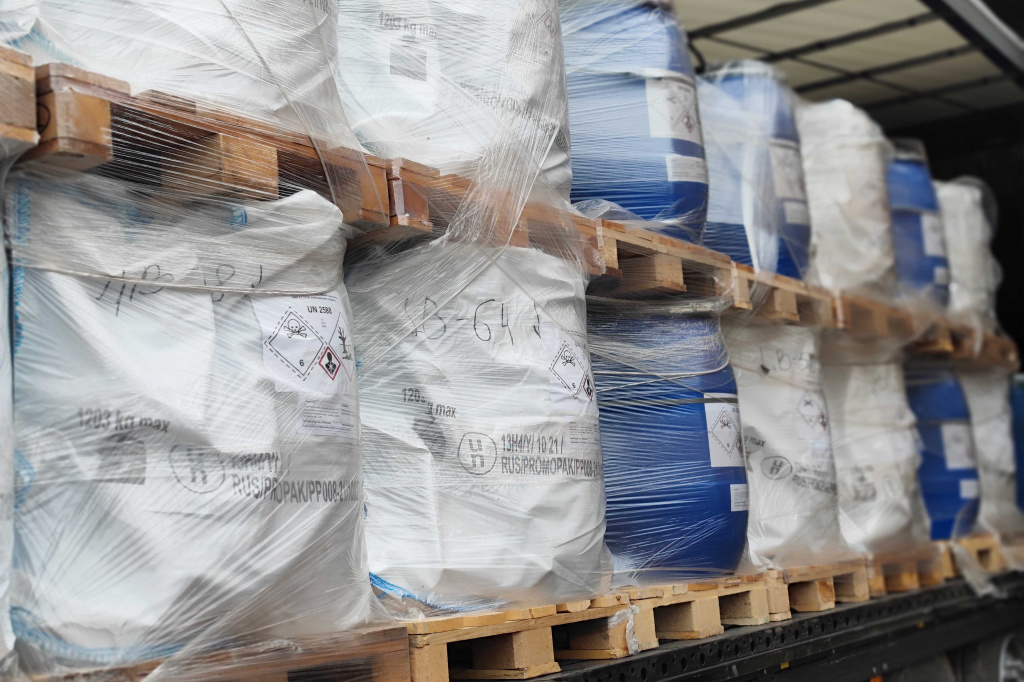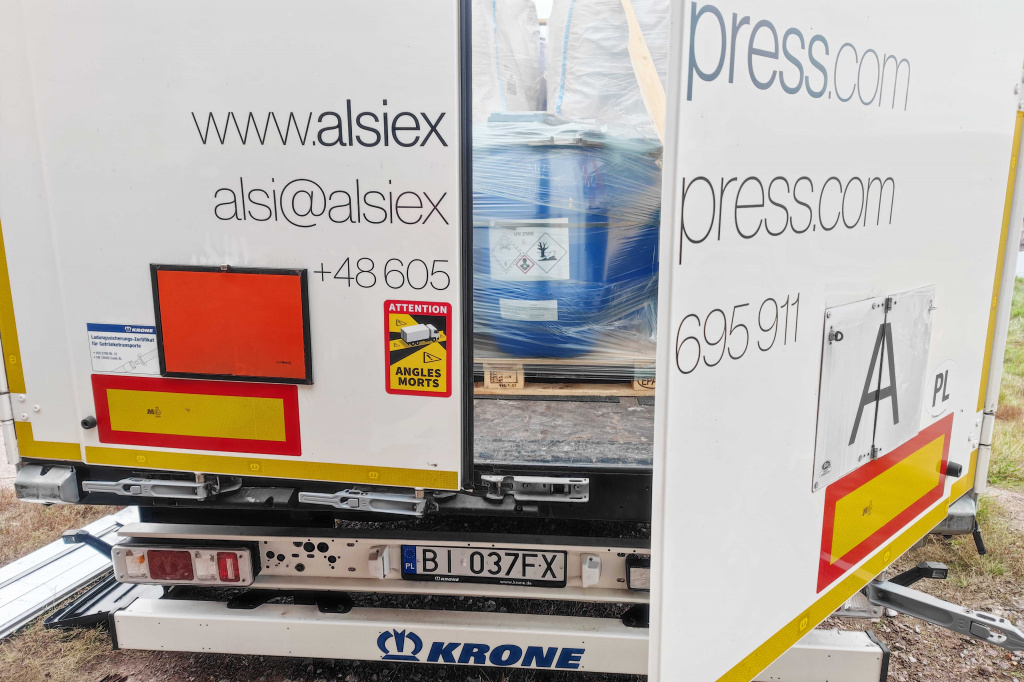LAST OBSOLETE PESTICIDES WERE FINALLY REMOVED FROM THE TERRITORY OF THE LIOZNO DISTRICT
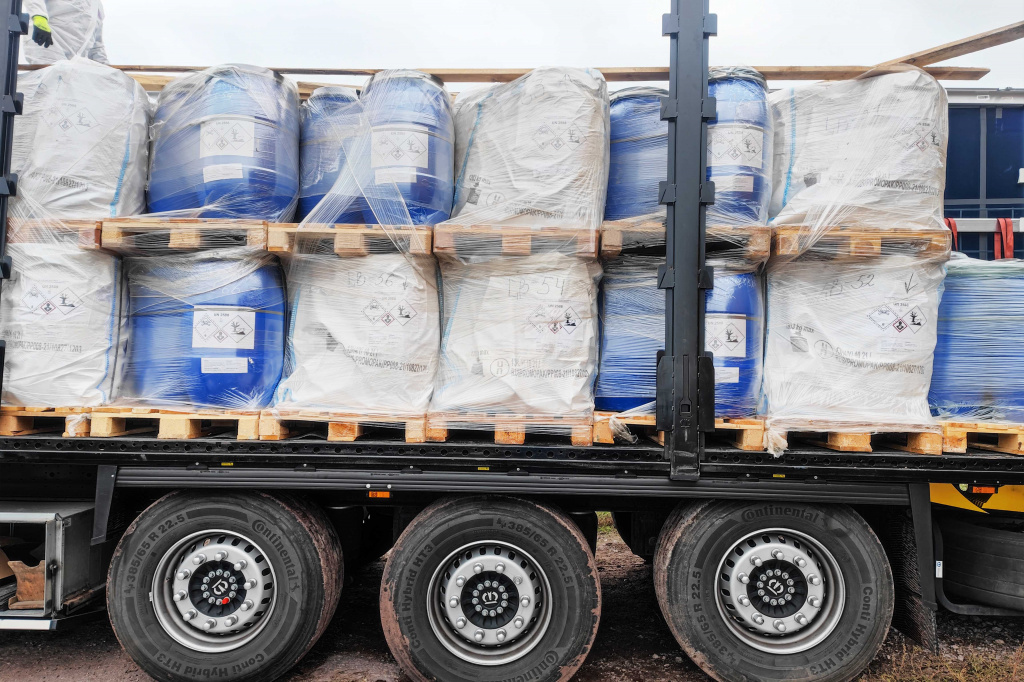
On 28 September 2022, the last obsolete pesticides, stored at the warehouses in Liozno, were finally removed from the territory of the Liozno district. In total, there were about 60 tonnes of obsolete pesticides, including persistent organic pollutants (POPs). In the framework of the Project, hazardous waste was repackaged and prepared for transboundary movement for further elimination at specialised facilities in Germany.
Work on the removal of obsolete pesticides is ensured by Geocoma company. Transboundary transportation of obsolete pesticides on the territory of Belarus, Poland and Germany is carried out in accordance with the requirements for the transportation of dangerous goods by road, as well as the requirements established by the Stockholm Convention on POPs and the Basel Convention on the Control of Transboundary Movements of Hazardous Wastes and their Disposal.
At the beginning of the Project, about 800 tonnes of obsolete pesticides were stored in warehouses of mainly agricultural organisations in the Vitebsk region. Due to the implementation of the Project, the Vitebsk region is gradually being cleared of this hazardous waste and at the beginning of next year it is planned to complete this process.
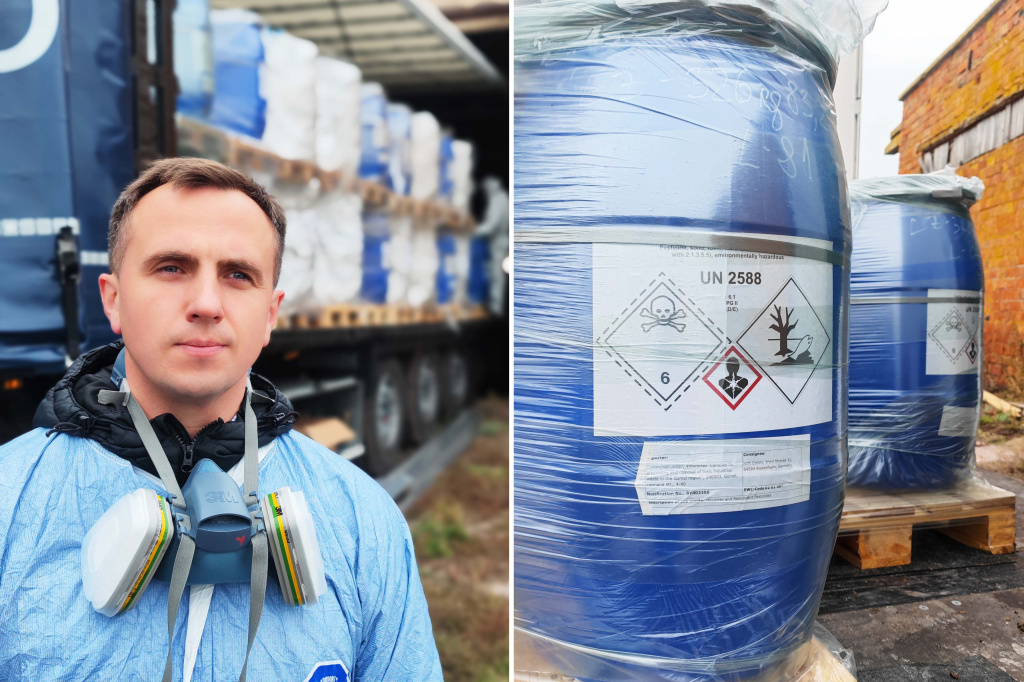
Representatives of the district newspaper "Stsyag Peramogi" were present at the loading and shipment of the last obsolete pesticides of the Liozno district. The consultant for the supervision and coordination of work with obsolete pesticides of the International Technical Assistance Project "GEF-6 Belarus POPs Legacy and Sustainable Chemicals Management" Yuri Kulik told the correspondent of the newspaper: "Obsolete pesticides pose a significant potential threat to the environment and public health as a source of chemical substances, including pesticides, entering soils, atmospheric air, surface and ground waters, flora and fauna, both at the local level and on a larger scale. Some types of pesticides (e.g., hexachlorocyclohexane and DDT, which prevail in the total volume of stored obsolete pesticides) are classified as persistent organic pollutants (POPs) that can remain in the environment for a long time, be transported over significant distances by water, air or mobile organisms, while accumulating in the fat tissues of humans and animals. The accumulation of POPs in the body causes a high risk to human health and may lead to increased risk of cancer, reproductive and immune system disorders, neurobehavioral and endocrine disorders".
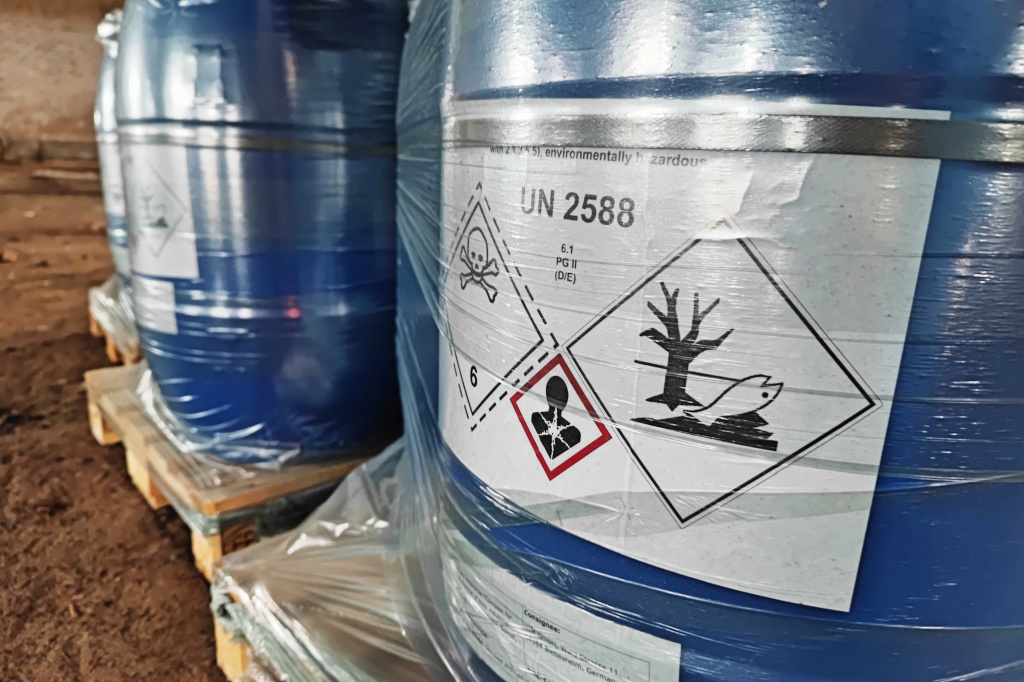
At the pre-project stage, with the participation of specialists of the Republican Center for Analytical Control in the Field of Environmental Protection, soil tests were conducted around the warehouses, which showed that all obsolete pesticides were stored safely and the chemicals did not get into the environment. Now they are properly packed. They will be eliminated in an environmentally sound way. The process of transportation and elimination of the last lot of hazardous waste from the Liozno district will take approximately 2-3 weeks.
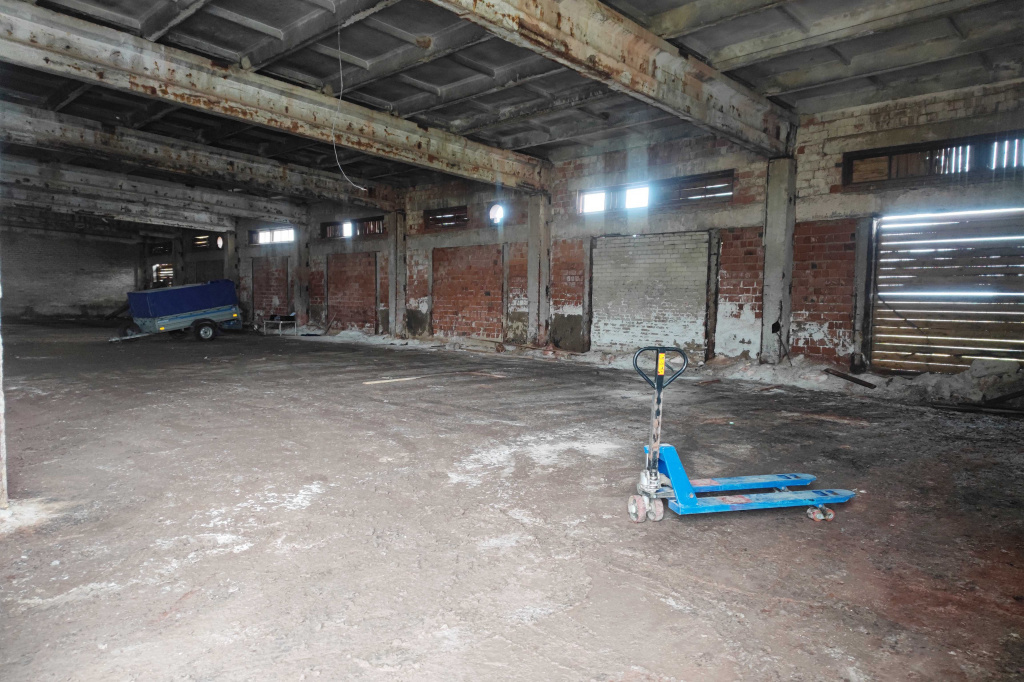
Head of the Liozno District Inspection for Natural Resources and Environmental Protection Nikolai Lukyanovich thanked the Project for the solution of the POPs issue: "The work that has been carried out is truly important and necessary. In view of the significant amount of obsolete pesticides that we have accumulated over the years from all the farms in the Liozno region, I consider their disposal to be a necessity. On the part of the district, we took all the necessary measures to ensure their proper storage in one place, without leaks, which we managed to do successfully. We are grateful for the help we received within the Project. Now the territory of the Liozno district is cleared of the last obsolete pesticides."
